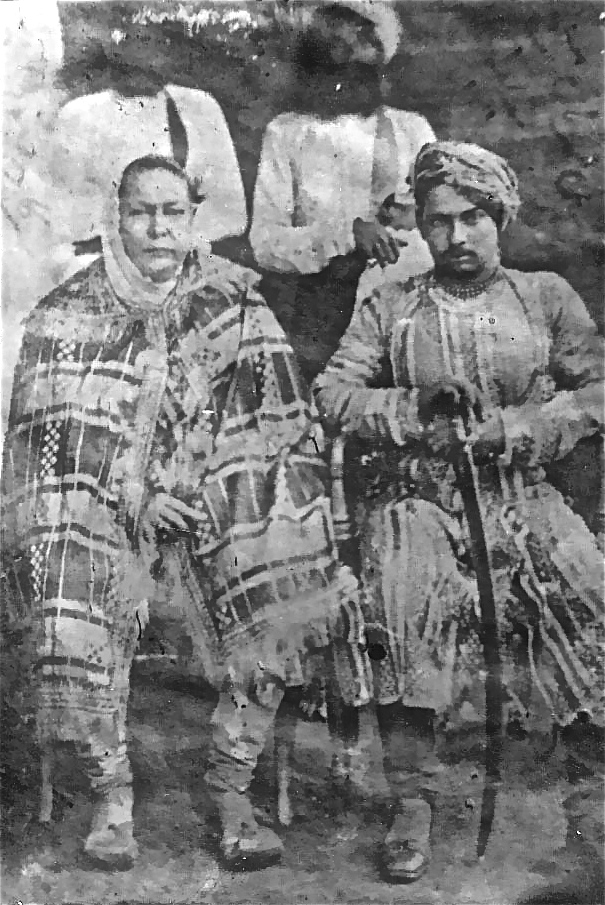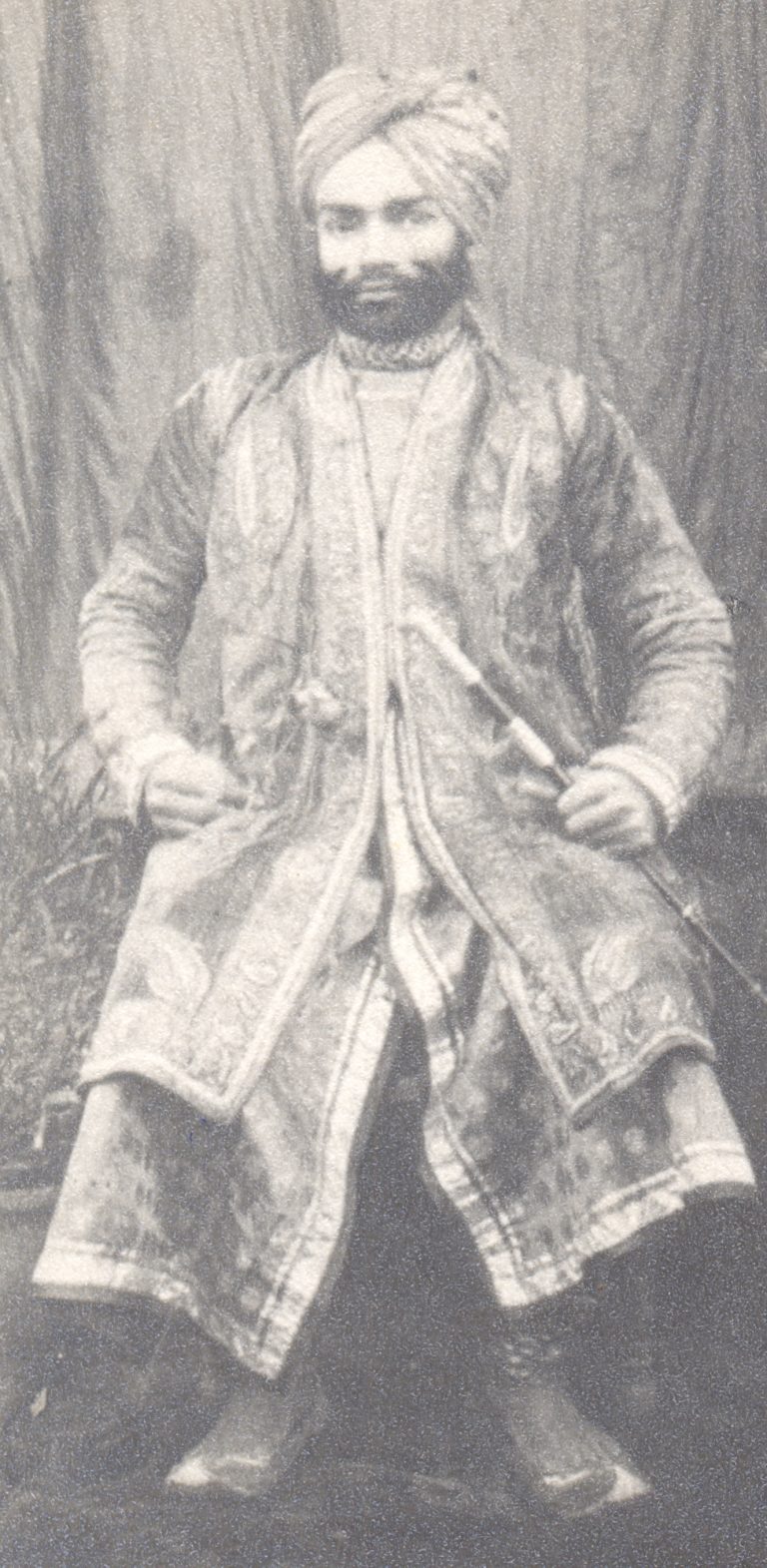Years ago I discovered during one of my trips to India this interesting story and after much and tedious research and years of work and with the collaboration of the historian Marie Stravlo I have finally finished my last historical novel.
During the reign of Akbar, between the years 1557 and 1559, a European named Jean Philippe du Bourbon came to the Court of Delhi. He was French and claimed to belong to one of the noblest families of that kingdom. He recounted that he had been taken prisoner by Turkish pirates during a voyage, and was sold as a slave to Egypt. This happened in 1541 when he was only fifteen years old. Once in Egypt, and thanks to his charm and qualities, he won the favour of the sovereign and joined the army. This marked the beginning of the adventure that led him to India. Emperor Akbar, to whom the young man told his story, was captivated by his refined manners and charisma and was offered a position in his army, after which he was appointed Master of Artillery. Full of honour and wealth, Prince Jean Philippe du Bourbon died in Agra leaving behind two children by the sister of the Emperor’s Christian wife.
In gratitude for his loyal services, Emperor Akbar had granted lands in Shergar to Jean Philippe and made him Rajah of a small independent state loyal to the Imperial Crown.
The eldest son, Alexander, became the favourite of Emperor Jahangir, who appointed him Hereditary Governor of the Begums Palace.
The Bourbons maintained their position at the Imperial Court until the invasion of India by Nadir Shah, when they went into exile to their fiefdom of Shergar with the permission of the Moghul Emperor. Francis II of Bourbon was the last of the dynasty to serve the Moghul Empire as Superintendent of the Imperial Palace.
In 1778 the Maharaja of Narwar attacked Shergar and killed Rajah Francis II of Bourbon and his family. Only his son Prince Sebastian and his grandson, Prince Balthazar survived as they were not in Shergar on that fateful day.
A few years later, in 1795 father and son travelled to Bhopal and once again Christian princes entered the service of a Muslim royal family. They started a relationship of service and loyalty that would last for several generation in which the bond was continuously renewed.
On the 15th October of 1812, Bhopal was put under siege by a combined army of Maharaja Daulat Rao Scindia of Gwalior and Bhagoli Bhonsla, Raja of Nagpur with more than 82,000 soldiers. That fateful day started what is known as the siege of Bhopal that lasted nine months!
The close relationship of these descendants of the French Bourbons with the ruling family was such that when Begum Qudsia became the first Muslim princess to become a regent in 1819 to her infant daughter, Begum Sikander and rule an Indian sovereign state, she made Prince Balthazar of Bourbon, known as Shazad Masih, her Dewan (Prime Minister).
In those days had it not been for Prince Baltazhar’s love for Nawab Nazar’s memory and
his devotion to the Regent, he could have taken the throne for himself as not only was he one of the largest landowners after the Crown itself but he held immense power and had crucial political support including that of the British and the troops. The Bourbons could have had another
kingdom to rule, but loyalty always comes first, and no personal ambition can supersede it.
In 1821, an elderly Prince Balthazar married the daughter of a British army officer, Isabella Johnston.
The Begum immediately took a liking to Isabella and upon meeting her, conferred the title of Surkar Dulan[1]. Isabella soon became the favourite lady in the Begum’s Court, and both she and Begum Sikander enjoyed her company and her wise advice daily, so much that since the marriage, Prince Balthazar now only saw the queen on matters pertaining the government of the State. His wife had now taken the role of confidant and personal advisor and this role she would have until she died.
In 1829 at the age of 57, the Christian Prime Minister of Bhopal died. He was undoubtedly poisoned by his enemies but he left a daughter, Princess Juliana and an unborn son, Prince Sebastian of Bourbon ( Mehrban Masihl), who was born in 1830.
In 1838, Nawab Jahangir tried to murder his wife, Begum Sikander and her unborn child. She was devoted by him but despite many protestations by Begum Qudsia with the British, Jahangir continued his unpopular rule. He became as debauch as Nawab Ghous had been, spending most of his time in the company of courtesans. Lancelot Wilkinson, until his death in 1941, continued to support him and never considered his misrule and decadence. Sikander Begum upon hearing of her estranged husband’s illness and being as magnanimous as her mother had been, forgave her husband. She returned to Bhopal with her six-year-old daughter to be at his side for a week caring for him, who was on the threshold of death.
Attempts by Jahangir’s father with the British claiming the throne for himself on the death of his son fell in deaf ears. After consultations between the Governor-General, the Political Agent
[1] Surkar is Highness in Urdu and Dulan would be translated as Bride. The Royal Family called her Dulan Sahiba (Madam Bride)




